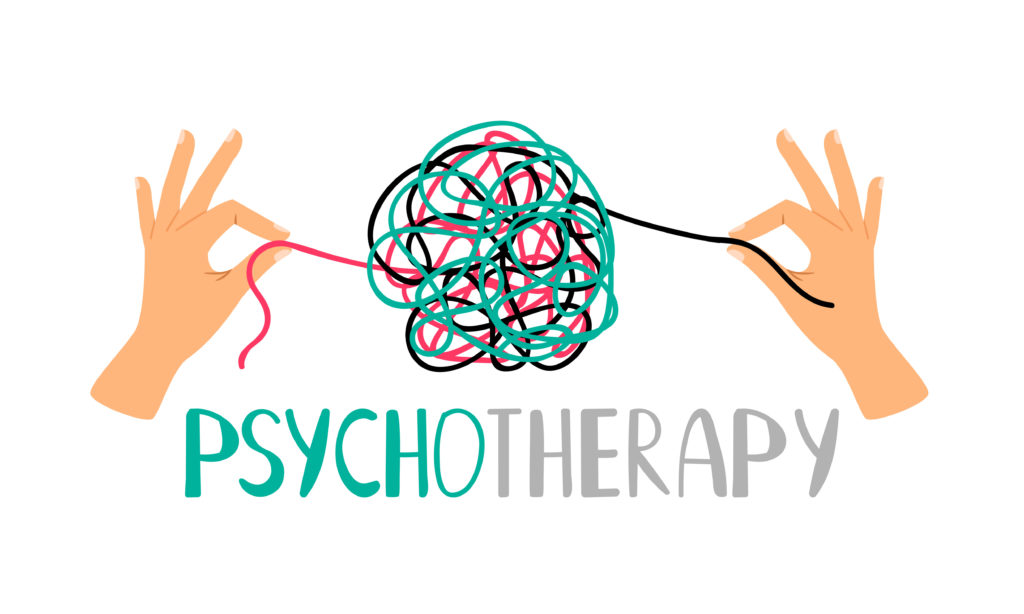What is acceptance and commitment therapy (ACT)?
ACT is a type of therapy that focuses on helping patients accept what is out of their control and to commit to actions that enrich their lives. The Association for Contextual Behavioral Science (ACBS) defines ACT as a unique empirically based psychological intervention that uses acceptance and mindfulness strategies, together with commitment and behavior change strategies, to increase psychological flexibility. Hence the ACBS considers ACT as a therapy based on the concept that suffering is a natural and inevitable condition for humans. Our instinct to control our experiences does not always serve us.
Dr. Russel Harris, the founder of ACT, defines it as a psychological intervention based on modern behavioral psychology, including Relational Frame Theory that applies mindfulness and acceptance processes and commitment and behavior changes processes, to the creation of psychological flexibility. In other words, ACT is a mindfulness-based behavioral therapy that challenges the ground rules of most Western psychology. The main aim of ACT is to create a meaningful and rich life and develop mindfulness along with suffering and pain. ACT consists of six core processes, Acceptance, Cognitive, Defusion, Being Present, Self as Context, Values and Committed Action. These six core processes provide a framework for developing psychological flexibility.
Acceptance is a method of encouraging action to lead to positive results. It is an alternative to our instinct to avoid thinking about potentially negative experiences. It allows us to accept unpleasant experiences without trying to deny or change them. Acceptance is not a goal but an approach.
Cognitive Defusion involves techniques intended to change how an individual reacts to their thoughts and feelings. Acceptance and Commitment Therapy helps us to face negative experiences and come out with a reduced fixation of them. It does not limit our exposure to negative experiences. Being Present is the practice of being aware of the present moment without judgement of the experience. It involves experiencing what is happening without trying to change the experience.
Self as Context
This idea offers the alternative concept that there is a self-outside of the current experience. It is the idea that an individual is not simply the sum of their emotions, thoughts or experiences. We are not just what happens to us but we are the ones experiencing what happens to us. In this context, values are the qualities we choose to work towards in any given moment. Consciously or unconsciously, we all hold values that direct our steps.
Hence ACT uses tools that help us live our lives in keeping with our values. ACT helps people commit to actions that assist in their long-term goals and lead a life in accordance with their values. Positive behavior changes cannot happen without being aware of how a particular behavior affects us. ACT emphasizes acceptance instead of avoidance and that is what makes it different from other behavioral therapies.








